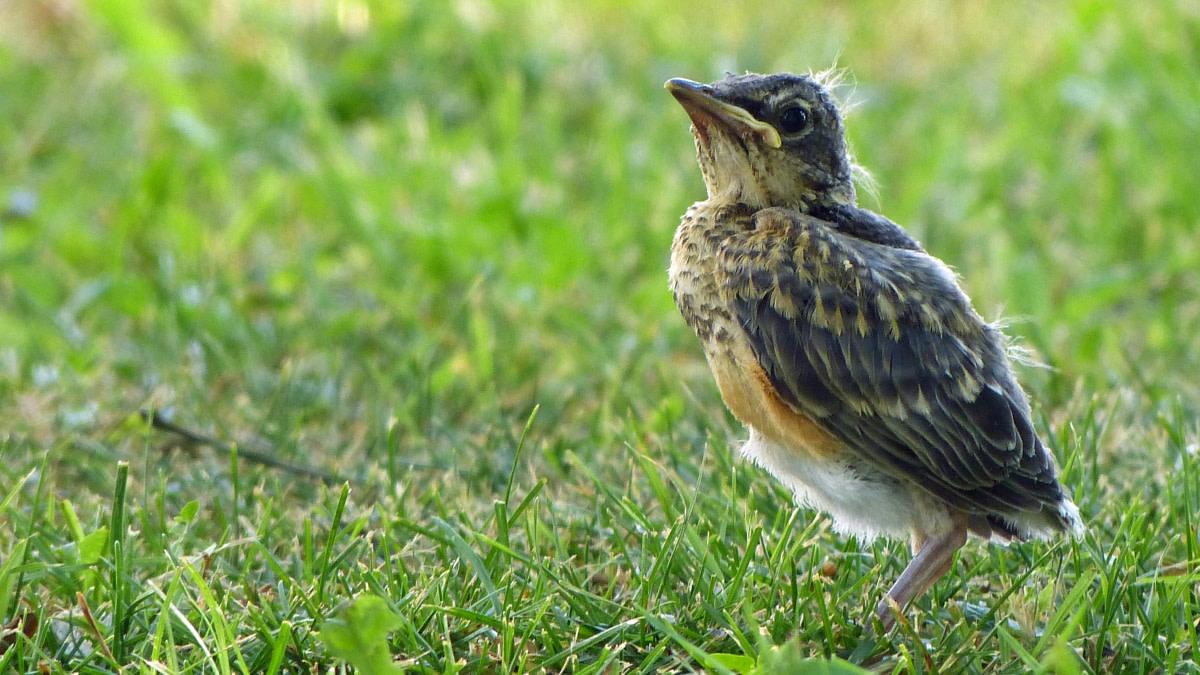
Myths, lies and old wives’ tales loom large in the outdoor pursuits. Here at MeatEater, we’re dedicated to separating facts from bullsh*t, so we created this series to examine suspect yarns. If there’s a belief, rumor, or long-held assumption you’d like us to fact check, drop us a note at factchecker@themeateater.com.
Claim
If you find a baby bird that has fallen from its nest, you shouldn’t put it back. Touching a baby bird will stain it with a foreign scent that causes the mother to abandon the chick.
Origin
I first heard this as a child when I returned home from fishing with some extra nightcrawlers. There happened to be a robin’s nest at eyelevel in our spruce tree with two fledglings, which I fed some torn up pieces of bait. I was proud to tell my parents of the good deed, but turned teary-eyed when they informed me it was a guaranteed death sentence.
Right or wrong, this claim has good intentions. The source is likely biologists who prefer to see wildlife left undisturbed.
Facts
Birds have some of the finest eyesight and hearing in the animal kingdom, but their sense of smell is terrible (aside from a few species of vultures, seabirds, and parrots). Taste is closely tied to smell, which is another area where birds come up short. Songbirds have 50 taste buds. For context, humans have 9,000 taste buds and catfish have 175,000 taste buds.
A mother bird won’t detect, or care, if human odor is present. And according to biologists, there are instances where handling a ground-bound baby bird is beneficial.
If you find a nestling on the ground, you should put it back in its nest. A nestling is a very young bird with few feathers that’s incapable of hopping, walking, or gripping anything with its feet. Nestlings on the ground likely got there accidentally.
But if you find a fledgling on the ground, you should leave it alone. Fledglings are what people most commonly find in their yard. They can be identified by their presence of feathers, tail stub, ability to hop, and all-around adorableness. According to the Cornell Lab of Ornithology, fledglings don’t need to be in their nest.
“When fledglings leave their nest they rarely return, so even if you see the nest it’s not a good idea to put the bird back in—it will hop right back out. Usually there is no reason to intervene at all beyond putting the bird on a nearby perch out of harm’s way and keeping pets indoors.”
Takeaway
The only time you should rehome a chick is if it looks like it just cracked out of the egg. Even if a fledgling seems vulnerable, just know that the mother is likely nearby and ready to defend her babes with a dive bomb.
According to Elizabeth Manning, an educator from the Alaska Division of Wildlife Conservation, it’s always better to exercise caution when handling a chick.
“The best rule of thumb if you find a baby bird or any animal infant is just to leave it alone. However, if you do inadvertently happen to touch a bird’s egg or nest, rest assured that your scent alone won’t cause the parents to flee. Just leave the area as quickly and quietly as you can and do what you can to minimize your disturbance.”
Feature image via Wiki Commons.




